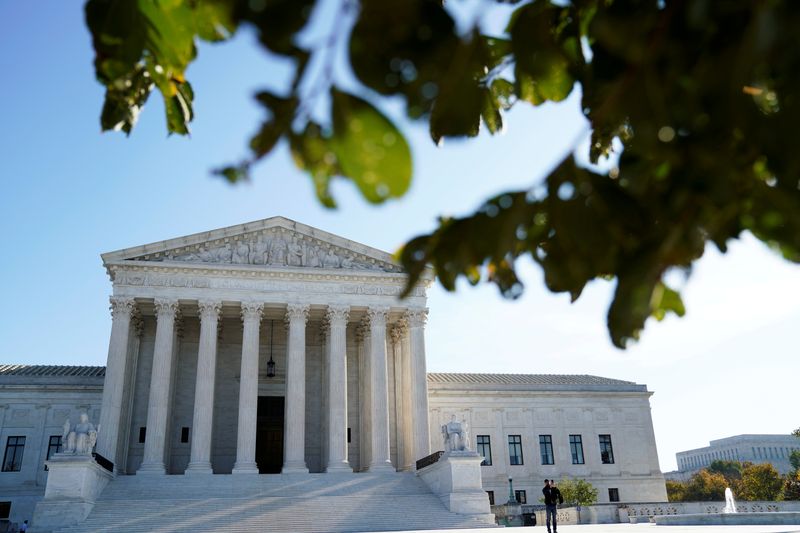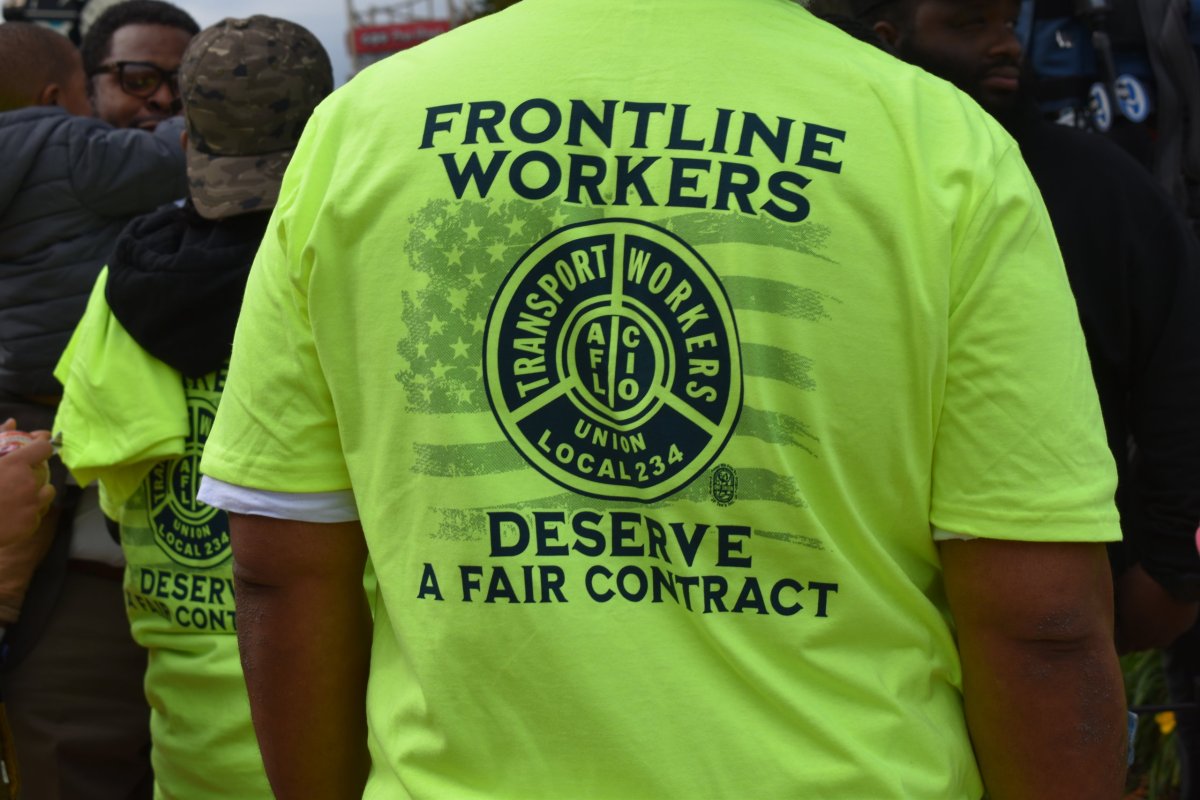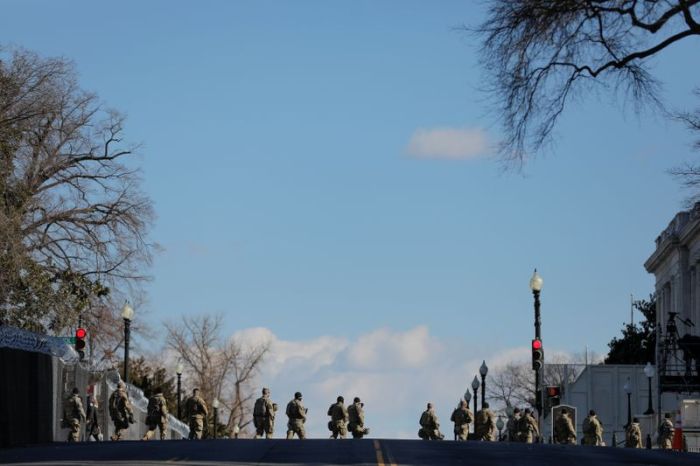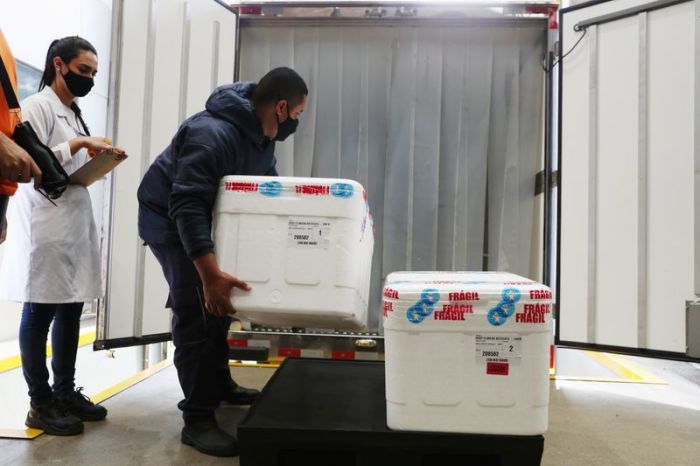WASHINGTON (Reuters) – The U.S. Supreme Court on Tuesday grappled with a dispute that one justice called a “close call” over a lawsuit filed by the city of Baltimore against energy companies seeking monetary damages due to the impact of global climate change.
The justices heard arguments by teleconference on a legal issue that will help determine whether the lawsuit and others like it will be heard in a state court, as the city would prefer, or in a federal court, which corporate defendants generally view as a more favorable venue. The arguments did not address the merits of Baltimore’s claims.
The Maryland city targeted 21 U.S. and foreign energy companies that extract, produce, distribute or sell fossil fuels including BP PLC, Chevron Corp, Exxon Mobil Corp and Royal Dutch Shell PLC.
Some of the eight justices taking part in the case appeared skeptical toward Baltimore’s lawyers.
The court has a 6-3 conservative majority but conservative Justice Samuel Alito did not participate, likely because he owns stock in two oil companies involved in the litigation. If the court is divided 4-4 in its eventual ruling – due by the end of June – an earlier decision in Baltimore’s favor by the Richmond, Virginia-based 4th U.S. Circuit Court of Appeals would stand.
“I think this is a close call,” said conservative Justice Brett Kavanaugh.
But Kavanaugh pointed out among other things that Baltimore’s arguments conflicted with a 1996 ruling written by the late liberal Justice Ruth Bader Ginsburg.
“It’s never good to be on the wrong side of Justice Ginsburg opinions,” Kavanaugh said of his former colleague who died in September.
The outcome may affect around a dozen similar lawsuits by U.S. states, cities and counties.
Baltimore and the other jurisdictions are seeking damages under state law for the harms they said they have sustained due to climate change, which they attribute in part to the companies’ role in producing fossil fuels that produce carbon dioxide and other greenhouse gases. The claims involve oil production and marketing, not the harmful emissions themselves.
The plaintiffs, for instance, have said they have had to spend more on infrastructure such as flood-control measures to combat sea-level rise caused by a warming climate.
The legal question concerns a provision of U.S. law that puts limits on appeals courts reviewing decisions by federal district court judges to remand a case to state court. The companies have said that in this instance the 4th Circuit had broad scope to review a district court’s decision because of a provision that allows appeals of such rulings when a case directly concerns federal officials or government entities.
Liberal Justice Stephen Breyer noted that the applicable law was enacted to prevent delays in resolving cases, and that giving the energy companies a broad right to appeal could do the opposite.
“That means added time, added delay,” Breyer said.
The energy companies have argued that oil production is an inherently federal issue, meaning the case should be heard in federal court. Greenhouse gas emissions that cross state and international lines are likewise an issue that cannot be addressed under state laws, the companies asserted.
Conservative Justice Amy Coney Barrett did not heed calls from some activists that she not participate because her father formerly worked as a lawyer for a Shell subsidiary.
With Congress divided over climate change, the lawsuits are the latest effort to force action via litigation rather than legislation.
With Democrats now in control of Congress and Democratic President-elect Joe Biden due to take office on Wednesday, the role of big oil in climate change may draw renewed attention.
In a separate case, a federal appeals court on Tuesday tossed out a watered-down replacement by President Donald Trump’s administration of a regulation issued under his predecessor Barack Obama aimed at curbing greenhouse gas emissions from coal-fired power plants.
(Reporting by Lawrence Hurley; Editing by Will Dunham)

























